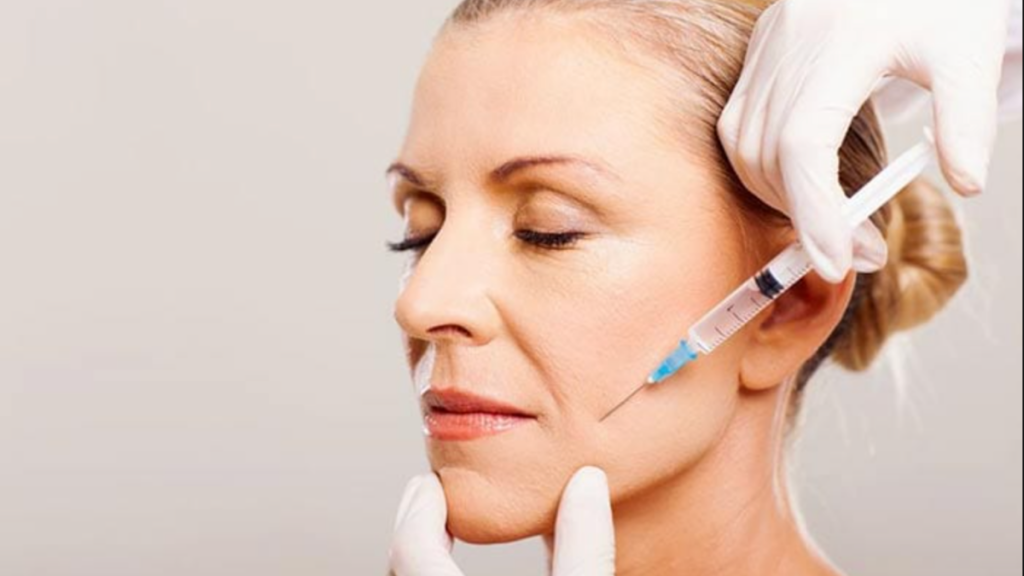Botox has demonstrated significant effectiveness in treating various medical conditions including muscle tension and jaw pain. Many individuals feel pain in the jaw due to numerous conditions including teeth grinding concerns or TMJ-related problems. Botox can provide notable relief and enhance overall jaw function by relaxing the muscles causing clenching and grinding. The procedure boasts a successful history because of its rapid recovery period and minimally invasive techniques.
How Botox Corrects Jaw Pain and Muscle Tension
The masseter muscle found on each side of the jaw is responsible for most of the force applied during chewing. Direct Botox injection into the masseter muscles reduces their activity and prevents strong muscular contraction. It reduces the pressure on the jaw joint and the pain intensity by relaxing the muscles.
Also, tmj botox melbourne helps individuals which often involves inflammation and malfunction in the temporomandibular joint. By relaxing these muscles with Botox, pain, and suffering related to TMJ problems might be relieved.
Botox Procedure
The procedure for botox injections to treat temporomandibular joint and muscle tension is minimally invasive and typically takes place in a clinical setting. A healthcare professional will first analyze the muscles generating the pain and the suitable injection locations.
The intended muscles are then injected with Botox using a tiny needle. Most patients describe only a minor pinch or stinging sensation, hence the injections are really short and the discomfort related to them is modest.
Though the operation is simple, a qualified medical practitioner should provide Botox injections. This guarantees that the dosage is suitable for the patient’s particular need and that the injections are directed at the right muscles. Bad administration could cause negative effects or less-than-ideal results.
Botox’s effectiveness
Treating muscle tension and temporomandibular joint has demonstrated notable success with Botox. Many Botox patients reveal that their symptoms fade away a few days to a week following the treatment. The results typically last for three to six months, after which additional injections may be necessary to maintain the benefits.
Botox has been shown in many trials to help those with bruxism, TMJ problems, and muscle stress-associated jaw pain. Patients have noted fewer headaches, less pain, and better jaw function.
Advanced injections in tmj botox melbourne can also prevent long-term harm from forceful clenching or grinding, including teeth wear or jaw joint degradation.
Is Botox Suitable for You?
Modern Botox procedures can be a highly effective treatment for people dealing with jaw pain, muscle tension, or TMJ disorders. However, you should do thorough research and find out whether Botox is the best option for your particular healthcare needs.
Before advising Botox, a healthcare professional will evaluate your symptoms, medical history, and degree of jaw pain. Consult a qualified expert to guarantee you receive the best and most efficient therapy catered to your needs.
Appropriate Specialist for Botox Injections
To achieve safe and effective outcomes, selecting a qualified healthcare professional for Botox injections is essential. A certified expert knowledgeable in delivering Botox for temporomandibular joints will know the exact injection points and suitable dosage for your situation. This reduces the chance of complications and guarantees you receive the greatest advantage from the treatment.
Those with jaw discomfort and muscle strain have found great relief from Botox. Botox offers good relief by focusing on the overactive muscles causing tension, clenching, and grinding.
If you experience jaw pain or muscle tension and haven’t achieved relief from other treatments, Botox might be a suitable option for you. With the proper guidance, Botox can significantly improve your quality of life by tackling the root causes of jaw discomfort and muscle tension.
